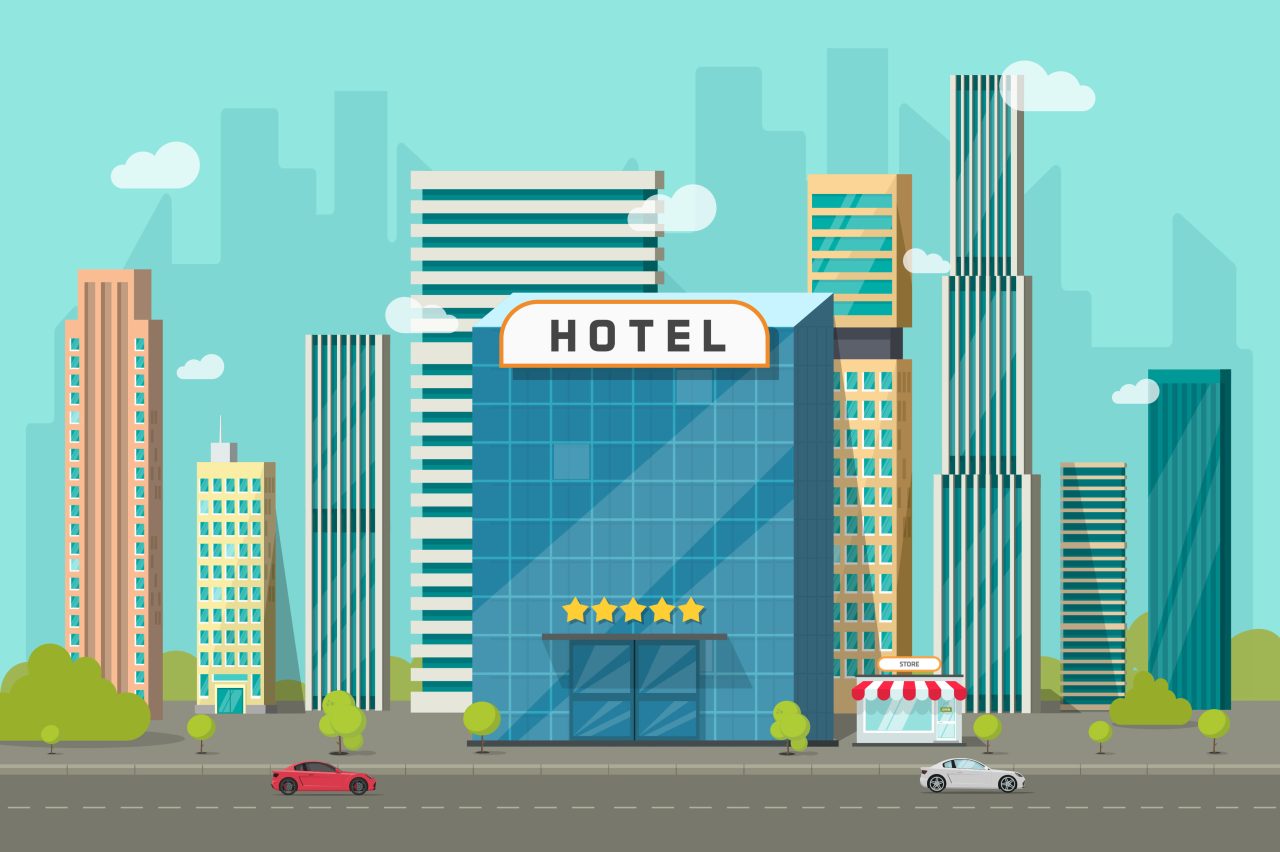Whether a new hotel manager or an experienced professional, there are many ways to increase your hotel management effectiveness. If you follow these tips, your hotel will remain profitable, and your team will be happy.
In addition, consider using technology tools to help you with your revenue management tasks. These technologies can help you get a more accurate picture of your market and its competition, allowing you to make better pricing decisions.
Create a Strategic Plan
To be prepared for the future, strategic planning aids in building decision-making ability and team alignment. It can also aid you in avoiding mistakes that could harm the effectiveness of your hotel.
A solid hotel performance strategy incorporates all revenue streams and room rates. According to Akki Patel, this field necessitates using analytics, data analysis, consumer psychology, and critical thinking.
Create a Budget
Creating a budget is a crucial step for increasing hotel management effectiveness. It allows hotels to plan how they will spend money and highlights how much room is available for investing in areas that need improvement.
Once you have completed your budget, remember to revise it regularly. It will help you understand how your hotel is performing, and it can also help you refine your budgeting strategy for future years.
Delegate Tasks
Delegating tasks can help your hotel run more efficiently and effectively. It also gives your staff more freedom to work on their own, which increases job satisfaction and helps them feel engaged in their work.
When you’re prepared to assign someone a task, ensure they fit the job correctly. Consider their skills, experience levels, and willingness to learn new things.
Be Proactive
Regarding increasing hotel management effectiveness, being proactive can make a big difference. It means focusing on the future to anticipate challenges and solve them before they occur.
Proactive leaders look for growth opportunities both internally and externally. They also work to reduce risk in their organizations and create a positive atmosphere within the workplace. Employees under this leadership style tend to be more productive.
Communicate with Your Staff
One of the essential aspects of hotel management is communicating with your staff. Whether it’s a simple question, a service request, or an unanticipated complaint, you need to be able to respond quickly and effectively.
Fortunately, modern property management systems are designed to allow guests to reach out in various ways, including text and chat. Use these tools to connect with guests and ensure they’re always happy with their stay.
Keep Your Team on the Same Page
Having a team of people who all know what is going on at the hotel and how to get things done effectively can help you avoid making mistakes.
Use concise and unambiguous SOPs to keep your staff on the same page. They can reference this whenever needed to complete their shift tasks.
A great way to get your team on the same page is to encourage frequent training. It will ensure that everyone is up-to-date on any new procedures and practices.
Be a Leader
One of the most crucial factors in improving hotel management effectiveness is leadership. Leaders are the ones who set the vision and inspire others to follow.
Developing leadership skills is challenging, but it can be done. To hone these skills, try to practice them at all times.
Take Care of Your Employees
Employees are critical to the success of a hotel, and it’s crucial to take care of them. Providing them with sufficient coaching and opportunities, as well as fair pay and support, will make a big difference in their retention rates.
Employee engagement is also essential in hotel management, as it can help staff feel like they’re part of a larger community and genuinely invested in their job.
Make the Right Decisions
Making the right decisions for your hotel is crucial to its success. It includes setting priorities, optimizing work processes, providing higher-quality service, and aligning departments and objectives.
For revenue management, hotels must keep an eye on consumer demand trends and devise pricing strategies to help them stay competitive and maximize income. However, this can be challenging as only one technique works for some hotels.
Be Flexible
Hotels need to be flexible when it comes to things like labor management processes. They need to allow employees to work according to their schedules and shift times so that they can perform at their best.
Another way to be flexible is by creating dynamic pricing strategies. It can help your hotel increase its occupancy rate and other hotel revenue management KPIs.
